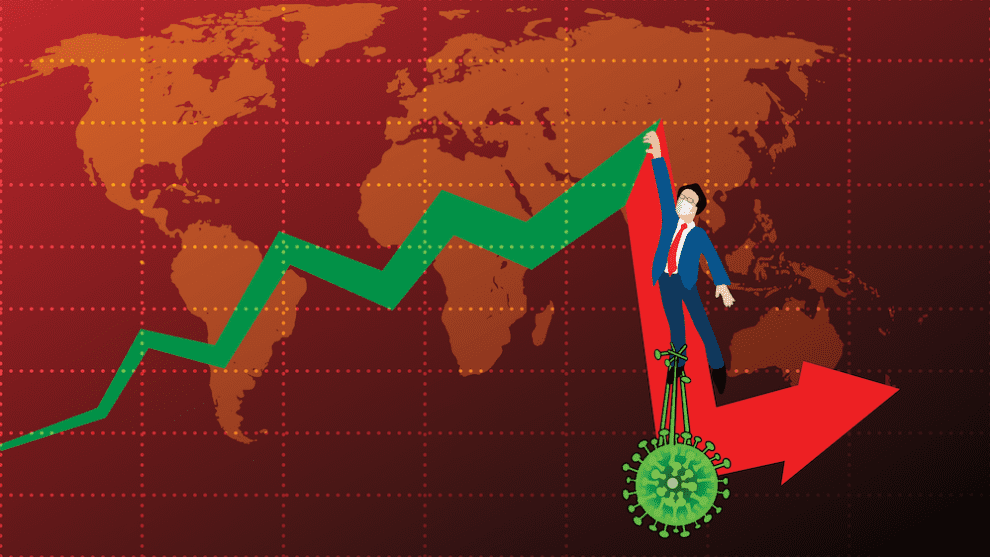The negative economic impact of Coronavirus cannot be underestimated, particularly for Australia. We need to ask the question whether the Coronavirus could cause a global recession?
The global economic impact of Coronavirus is set to be worse than that of SARS because the world is in a more delicate economic situation that in 2003:
- China accounted for 4% of world’s GDP in 2003, now it accounts for 16%
- Globalisation has led to increased travel and supply chains crossing country boundaries
- Global debt is now 3 times more than the global economy. Australia’s debt is at all time highs . This limits the government’s ability for fiscal stimulus (i.e. tax cuts and government spending)
- With global interest rates are record lows, Central Banks around the world have already used up a lot of their ammunition to stimulate the economy following the GFC.
- Australia’s interest rates are at all-time lows
- China has now cut rates 4 times in the last six months
- European Central Bank and Bank of Japan are stuck in negative interest rates scenarios
READ MORE FINANCE ARTICLES: Cash poor, asset rich – refinancing a reverse mortgage: Is it a good idea?
China has had to shut down factories and entire cities to try to get ahead of the incubation period of the virus. This is causing massive slowdowns in global trade and travel, plus significant threats to global supply chains. Will countries and corporates start reassessing their dependence on China? We may see a move to localised production, to protect supply chain.
The decrease in global travel is impacting the airline industry and decreasing demand for oil. Oil was at $62.70 before the outbreak, within a month it was below $50, 12-month lows. Yields in debt have decreased, as people move into what is considered a “safe haven”. However, interestingly, the share market is yet to react. It may be that the failed impeachment of Trump is buoying the market, but that was expected, so likely already priced in. Market dislocations usually correct themselves, so a stock market correction may follow.
Globally, Australia is going to be particularly affected. China accounts for 36% of Australia’s exports. Notably, they are our largest export market for both Minerals and Tourism, in the lucrative education sector. Could this be a trigger for another interest rate cut in coming months? Keep an eye on our Unemployment data, if that starts to go up, the RBA have indicated they are prepared to act.
In all of this, there is distinct lack of knowledge of the virus and its current situation. No-one truly knows what we’re dealing with, so cannot predict the repercussions. It is notoriously difficult to obtain exact data from China, as such health professionals cannot confirm how many people are infected with the virus, nor its mortality rate.
Fortunately, at this stage, Coronavirus is not a pandemic. Hopefully global leaders can overcome the current isolationist politics to unite and react within the limited window of time that we currently have. If not, take heed of the World Bank’s 2013 report stated that “a severe flu pandemic could cost 4.8% of global GDP, or more than $3 trillion”.






















Add Comment